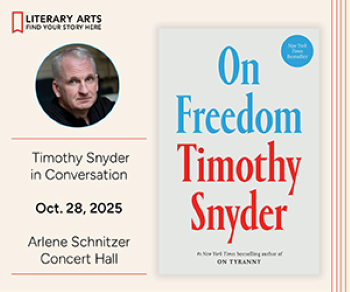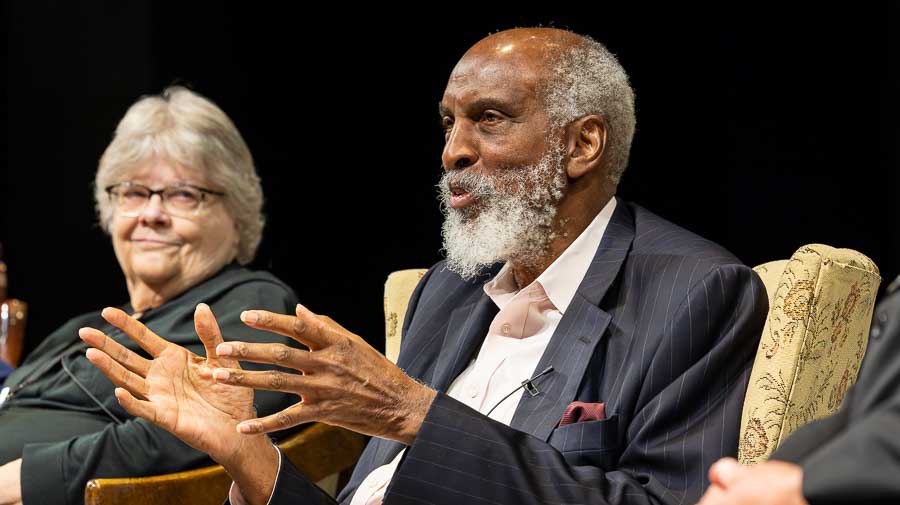‘And the caissons go rolling along’
By Herbert Rothschild
“Whoever lives for the sake of combating an enemy has an interest in the enemy’s staying alive.” — Friedrich Wilhelm Nietzsche
In the two previous columns I devoted to the conflict in Ukraine, the first before the invasion, the second after it was launched, I maintained that this tragedy was avoidable. In both columns, I cited Russia’s protests for more than two decades of what it perceived as continuing NATO moves to bring hostile forces to its very borders.
Since then, I have come across more evidence that Putin had signaled his intention not to remain inactive in the face of what he regarded as an existential threat. Speaking from Moscow to an international investment forum on Nov. 30, 2021, he said that he wanted NATO to be aware of Russia’s concerns linked to Ukraine about its security: “If some kind of strike systems appear on the territory of Ukraine, the flight time to Moscow will be 7-10 minutes, and five minutes in the case of a hypersonic weapon being deployed … What are we to do in such a scenario? We will have to then create something similar in relation to those who threaten us in that way … Creating such threats [in Ukraine] poses red lines for us. But I hope it doesn’t come to that. I hope that a sense of common sense, responsibility for both our countries and the world community will prevail.”
Fewer than three weeks after that, on Dec. 17, Putin transmitted to Biden a set of proposals that he said would affirm the aspiration of the NATO member states and the Russian Federation “to improve relations and deepen mutual understanding, acknowledging that an effective response to contemporary challenges and threats to security in our interdependent world requires joint efforts of all the Parties, determined to prevent dangerous military activity and therefore reduce the possibility of incidents between their armed forces …” You can read those proposals at the following site and decide for yourself whether they merited dismissal or could have served as the basis of promising diplomacy: https://mid.ru/ru/foreign_policy/rso/nato/1790803/?lang=en&clear_cache=Y.
In my previous columns, I didn’t ask the question, why wasn’t this terrible event averted? Now I do.
One answer is that Putin wanted to invade Ukraine, that all his efforts to get the U.S. and NATO to recognize how grave a threat to Russia’s security it would be to bring still another nation on his borders into NATO were just a pretext for territorial expansion. That’s the answer we want to believe. Perhaps it is true.
Another is that our strategists thought he was bluffing, even though in 2008 he had invaded Georgia when faced with almost exactly the same circumstances he now faces in Ukraine. That answer isn’t flattering to us, but it still allows us to maintain some moral high ground. Perhaps it, too, is true.
There’s a third possible answer. It’s that our strategists knew Putin would act to protect what he perceived as Russia’s security interests, and it’s exactly what they wanted.
For a time I resisted this thought. One has to be thoroughly disillusioned even to entertain, much less endorse it. But I have spent more than a half century witnessing (and witnessing against) the destruction the U.S. has left in its wake with hardly a backward glance or expression of regret, and the lies that our administrations — Democratic and Republican alike — have told to justify the destruction. So, why would I be surprised to learn that we threw Ukraine under the bus? As Macbeth says near the end of his life, “I have supp’d full with horrors.”
We need enemies. How can we justify a military establishment as large as ours if we don’t have them? How can we explain stationing troops and weapons in more than 100 countries around the world if we don’t have them? How can a people as addicted to moral self-righteousness as we Americans maintain a global empire with all the dirty work it entails if don’t have them?
The end of the Cold War posed a problem for the strategists who control our foreign/military policy. True, we faced an “Axis of Evil” consisting of North Korea, Iran, Libya and Syria, but how credible a threat was that? Then, Al Qaeda gave U.S. militarism new legs even though the 9/11 hijackers used box cutters and experts in terrorism knew that good intelligence, not carrier fleets and hypersonic aircraft, were our best safeguard. Finally, China arrived as a significant military threat, but in the 1990s the challenge it would pose was still in the future. Our surest course was to remake Russia into an enemy.
We succeeded, and the caissons go rolling along.
Email Ashland.news board member and columnist Herbert Rothschild at [email protected].




















